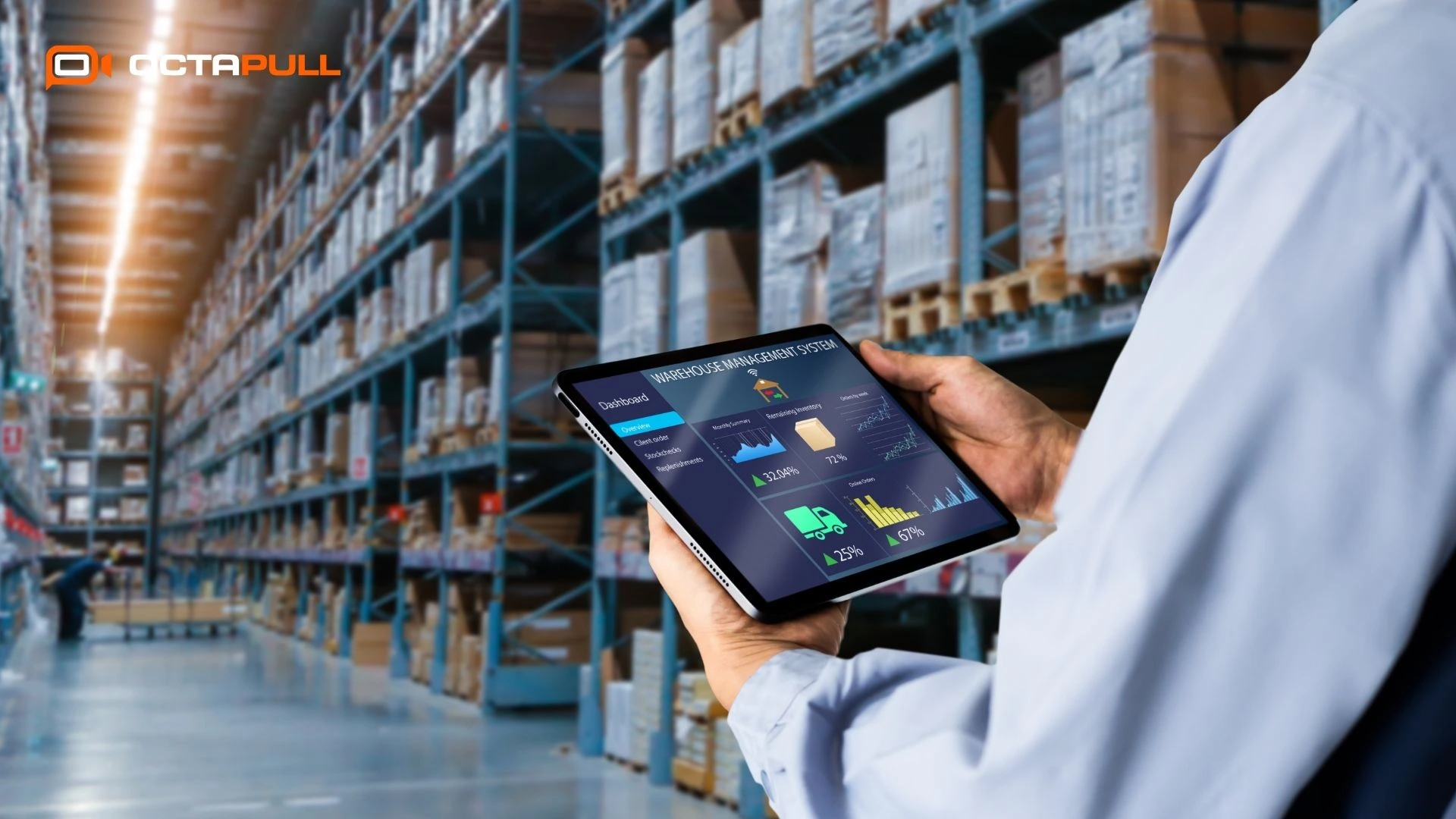Customer Experience Management: Top Trends To Follow In 2025
Customer experience management is more important than ever. In today’s fast-paced world, customers expect quick, smooth, and personalized service. If businesses fail to meet these expectations, customers will quickly turn to competitors.
To build strong relationships and stay competitive, companies must keep up with the latest customer experience trends.
In 2025, several key trends will shape the customer experience. AI-driven personalization will play a bigger role in understanding customer preferences and delivering tailored interactions.
Additionally, remote customer interactions will continue to grow, allowing companies to assist customers from anywhere through digital tools.
In the following sections, we will explore each trend in detail and discuss how companies can successfully implement them.
1. AI-Driven Personalization 
- Enhanced Personalization: AI analyzes customer behavior, preferences, and past interactions to offer tailored recommendations and support.
- Predictive Analytics: AI anticipates customer needs before they express them, suggesting products, providing relevant content, and offering proactive solutions.
- AI-Powered Chatbots & Virtual Assistants: Provide real-time responses and 24/7 support.Handle multiple inquiries simultaneously, reducing wait times.
Improve overall service efficiency.
Competitive Advantage: Businesses that leverage AI for personalized interactions can significantly improve customer satisfaction and experience.
2. Omnichannel Support for Seamless Customer Journeys
- Multiple Customer Touchpoints: Customers interact through websites, social media, phone calls, emails, and in-person visits.
- Integrated Experience: Businesses need to unify all touchpoints for seamless transitions. Ensures consistent and efficient service across platforms.
- Connected Digital & Offline Experiences: Browsing online, visiting a store, and purchasing via a mobile app. A unified system recognizes customer preferences and history at every stage.
- Successful Omnichannel Strategies: Retail brands use apps for in-store navigation and order tracking. Banks allow customers to start transactions on one device and complete them on another.
Benefits:
- Strengthens customer relationships.
- Increases loyalty.
- Creates a hassle-free shopping or service experience.
By ensuring seamless transitions across channels, businesses can build stronger relationships, win loyal customers, and create a hassle-free shopping or service experience.
3. Real-Time Communication for Instant Support
- Customer Expectation: Fast, efficient service is now essential.
- Instant Support Tools: Live chat, messaging apps, and instant response systems. Helps resolve issues quickly, answer questions, and guide customers.
- Real-Time Analytics: Tracks interactions to identify common issues. Predicts concerns and optimizes support workflows. Improves response times and service quality.
Effective Implementation: Integrate live chat on websites. Offer support through messaging apps. Use chatbots for simple inquiries, freeing human agents for complex issues. - Key Benefits: Enhances satisfaction and trust. Creates a responsive and engaging support system.
By combining speed, convenience, and personalization, businesses can create a responsive and engaging customer support system that meets modern expectations.
4. Remote Customer Interactions & Digital Transformation 
- Shift to Virtual Support: Driven by technology and changing customer expectations. Remote teams provide assistance without a physical presence.
- Maintaining Personalization: Remote teams should have access to customer data to tailor conversations. Consistent, empathetic communication builds trust.
- Technology for Remote Support: Video conferencing, chatbots, and CRM systems help teams connect efficiently. AI and automation handle repetitive tasks, allowing agents to focus on complex issues.
- Benefits of Digital Transformation: Faster, high-quality customer service. Personalized support, even in virtual interactions. Enhances overall customer experience.
Technology plays a crucial role in enabling effective remote customer interactions. Tools like video conferencing, chatbots, and CRM systems help remote teams connect with customers efficiently.
Additionally, AI and automation can support customer service efforts by handling repetitive tasks and allowing agents to focus on more complex issues.
Customer Experience Management
As we look ahead to 2025, the key trends shaping customer experience management are AI-driven personalization, omnichannel support, real-time communication, and remote customer interactions.
These trends highlight the growing demand for faster, more personalized, and seamless customer journeys. To stay competitive, businesses must adapt to these changes by embracing new technologies and improving their customer experience strategies.
The four key trends shaping CX in the coming year include:
- AI-Driven Personalization – Leveraging AI to analyze customer data, anticipate needs, and provide tailored recommendations.
- Omnichannel Support – Creating a seamless experience across multiple customer touchpoints for consistent and efficient service.
- Real-Time Communication – Utilizing live chat, messaging apps, and instant response systems to provide fast and efficient support.
- Remote Customer Interactions & Digital Transformation – Enhancing virtual customer service through AI, automation, and digital tools for a personalized and effective experience.
By adopting these trends, businesses can improve customer satisfaction, increase loyalty, and maintain a competitive edge in an increasingly digital world.
OCTAPULL’s Role in Enhancing Customer Experience Management
As businesses strive to stay competitive in the ever-evolving world of customer experience, solutions like OCTAPULL play a pivotal role in helping companies adapt to the latest trends.
OCTAPULL provides advanced customer experience solutions that enable businesses to enhance their customer service strategies, streamline communication, and deliver superior experiences across all touchpoints.
One of OCTAPULL’s standout offerings is OctaMeet, a powerful tool for seamless customer interactions. OctaMeet integrates video conferencing and messaging features, allowing businesses to engage with customers in real-time, no matter where they are.
Through high-quality video calls and instant messaging, companies can provide immediate assistance, resolve issues quickly, and offer personalized support, all while maintaining a professional and efficient communication flow.
Businesses can integrate OctaMeet into their customer experience strategies in several ways:
- Remote customer support: By using OctaMeet’s video conferencing and messaging features, businesses can offer real-time support to customers remotely, improving efficiency and satisfaction.
- Digital transformation in customer service: OctaMeet helps companies shift from traditional support methods to a more modern, digital approach, making customer service more flexible and accessible.
- Enhanced customer engagement: With real-time communication tools, businesses can foster stronger relationships with their customers, enhancing trust and loyalty through timely and personal interactions.
By incorporating OctaMeet into their customer experience strategy, businesses can not only stay ahead of the curve but also provide exceptional service that meets the demands of today’s digital-first world.
Sign up now and start using the free version right away!
Additionally, after signing up, you can explore all premium features of the licensed version with a 30-day free trial! For more details, feel free to contact us or schedule a demo with our product team!






